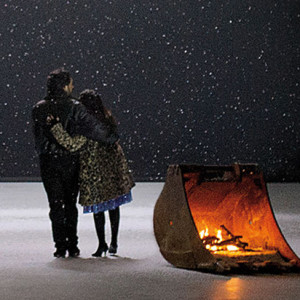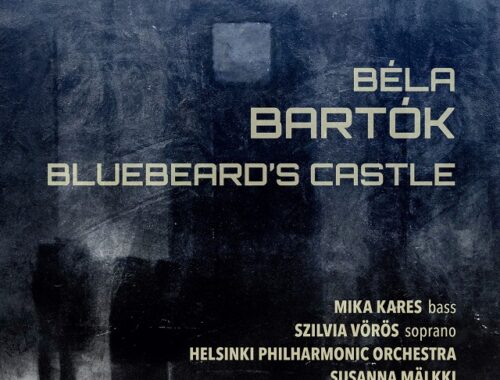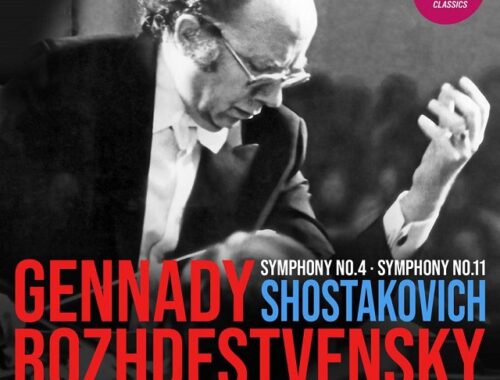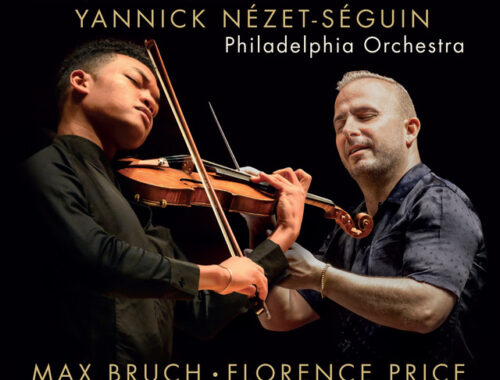La Boheme, English National Opera
 So this is the moment where the tables are turned and La Boheme, the opera, takes its cue from Rent, the musical, and Rodolfo the poet’s observation that he has “a few more lines” to finish takes on a rather different connotation. An entirely redundent blog in a certain national newspaper seemed to think that this was in some way news and that the idea that our cuddly bohemians might actually do drugs constituted another operatic scandal (isn’t that the only way opera ever makes the news these days?) and that Benedict Andrews’ staging would be booed (yawn) to the echo. It wasn’t.
So this is the moment where the tables are turned and La Boheme, the opera, takes its cue from Rent, the musical, and Rodolfo the poet’s observation that he has “a few more lines” to finish takes on a rather different connotation. An entirely redundent blog in a certain national newspaper seemed to think that this was in some way news and that the idea that our cuddly bohemians might actually do drugs constituted another operatic scandal (isn’t that the only way opera ever makes the news these days?) and that Benedict Andrews’ staging would be booed (yawn) to the echo. It wasn’t.
Rather more worth writing about is the undisputible fact that Andrews is an extraordinary talent who has already given me two or three of my best and most lasting experiences in the theatre and whose take on Puccini’s masterpiece was not in the least sensationalist or attention seeking but rather full of telling detail and touching insight. Ok, so Rodolfo swallowed his top C on the first night and the teeming canvas that is act two ran into some technical problems – but when did you ever see the tiny role of the toy-seller Parpignol (child-catcher, more like) turn the promise of youth into a sinister premonition of potentially wasted lives and when was the kinship between Musetta and Mimi (both of whom will undergo transformation) more sharply drawn.
Great directors instil truth and honesty and flair into fledgling casts and this was no exception. Act three played out on a pretty much barren stage was unforgettable and have you ever seen a Boheme where the promise of Spring was actually realised in act four where the hopeful light flooding the stage (and the heartwarming sight of children playing outside) was in moving contradiction to the end of life tragedy being played out on it. Duncan Rock (Marcello) is growing into something special and Corinne Winters just belongs on a stage. The sound of that big voice shaking her tiny frame was as exciting as it was upsetting in the last two acts. For sure the piece usually gets to you – but it’s less often that you care about the people you meet in it.
You May Also Like

GRAMOPHONE Review: Bartók Duke Bluebeard’s Castle – Helsinki Philharmonic Orchestra/Mälkki
18/06/2021
GRAMOPHONE Review: Shostakovich Symphonies Nos. 4 & 11 ’The Year 1905’ – BBC SO/BBC Philharmonic/Rozhdestvensky
06/01/2023